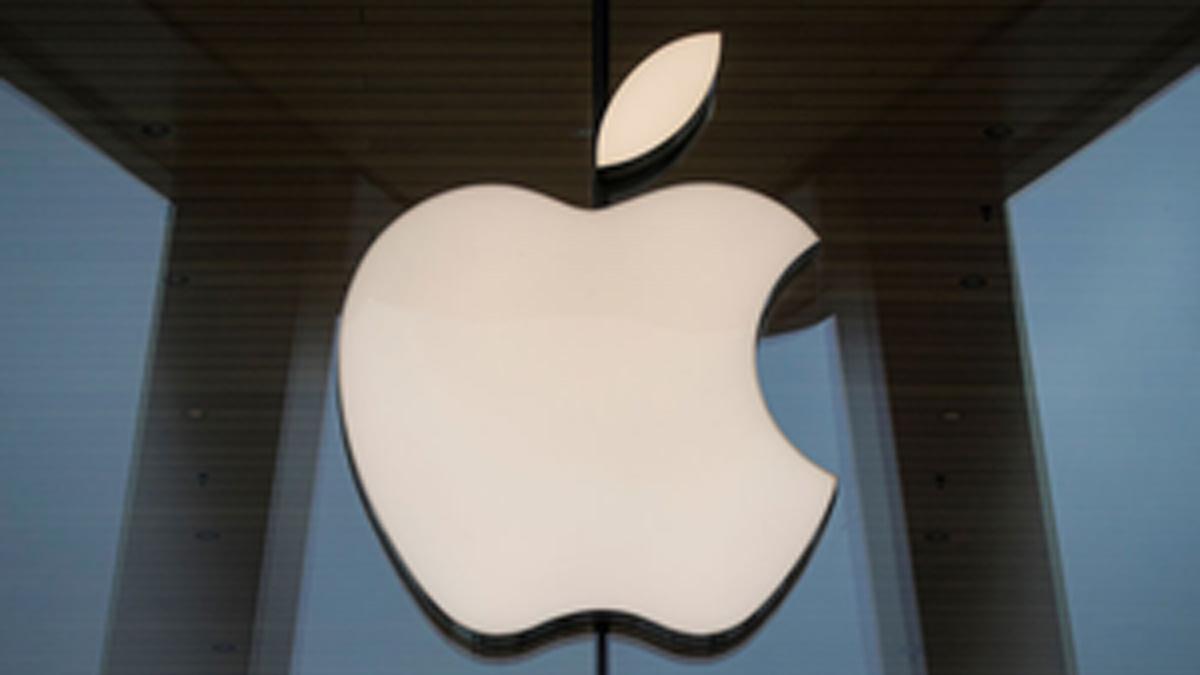A colossal data breach, labeled as the 'Mother of All Breaches' (MOAB), has raised alarms among cybersecurity researchers. This extensive breach comprises over 26 billion leaked data records, encompassing user information from major platforms such as LinkedIn, X (formerly Twitter), Snapchat, Weibo, Tencent, and others. Security Discovery and Cybernews researchers discovered this massive data leak, constituting a staggering 12 terabytes (TB) of information, making it the largest data leak identified to date.
While a significant portion of the dataset originates from prior data breaches, researchers believe that it likely contains previously undisclosed new material. The leaked data extends beyond login credentials, encompassing 'sensitive' information, rendering it valuable for malicious actors, according to the researchers.
The MOAB comprises 3,800 files, each representing a distinct data breach, totaling 26 billion records. The dataset poses a severe threat, as threat actors could potentially exploit the aggregated data for diverse cyber attacks, including identity theft, sophisticated phishing schemes, targeted cyberattacks, and unauthorized access to personal and sensitive accounts.
Among the platform-specific records in the MOAB, Tencent QQ, a Chinese instant messaging app, stands out with 1.4 billion records. Other platforms affected include Weibo (504 million), MySpace (360 million), Twitter (281 million), Deezer (258 million), LinkedIn (251 million), AdultFriendFinder (220 million), Adobe (153 million), Canva (143 million), VK (101 million), Daily Motion (86 million), Dropbox (69 million), Telegram (41 million), and more.
Various government organizations in the US, Brazil, Germany, the Philippines, Turkey, and other countries also have records included in the leak. While LinkedIn stated they have found no evidence of a breach in their systems, the potential risks associated with this massive data breach are significant, including the possibility of spear-phishing attacks and an influx of spam emails for affected users. The cybersecurity community is diligently investigating this unprecedented breach to understand its full scope and potential ramifications.
(With Agency Inputs)
ALSO READ | RBI Urges Banks to Strengthen Cybersecurity Amidst Rising Fraud Cases
ALSO READ | BlackBerry Names New CEO, Announces Division of IoT and Cybersecurity Business


















